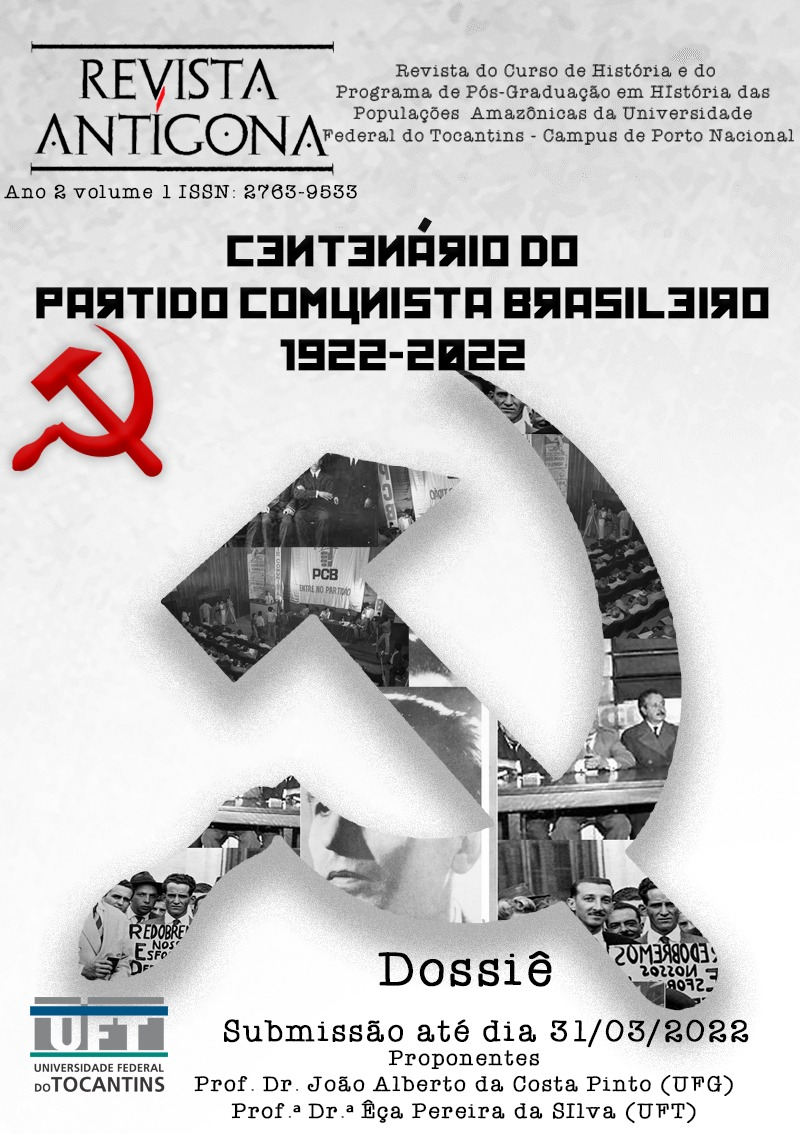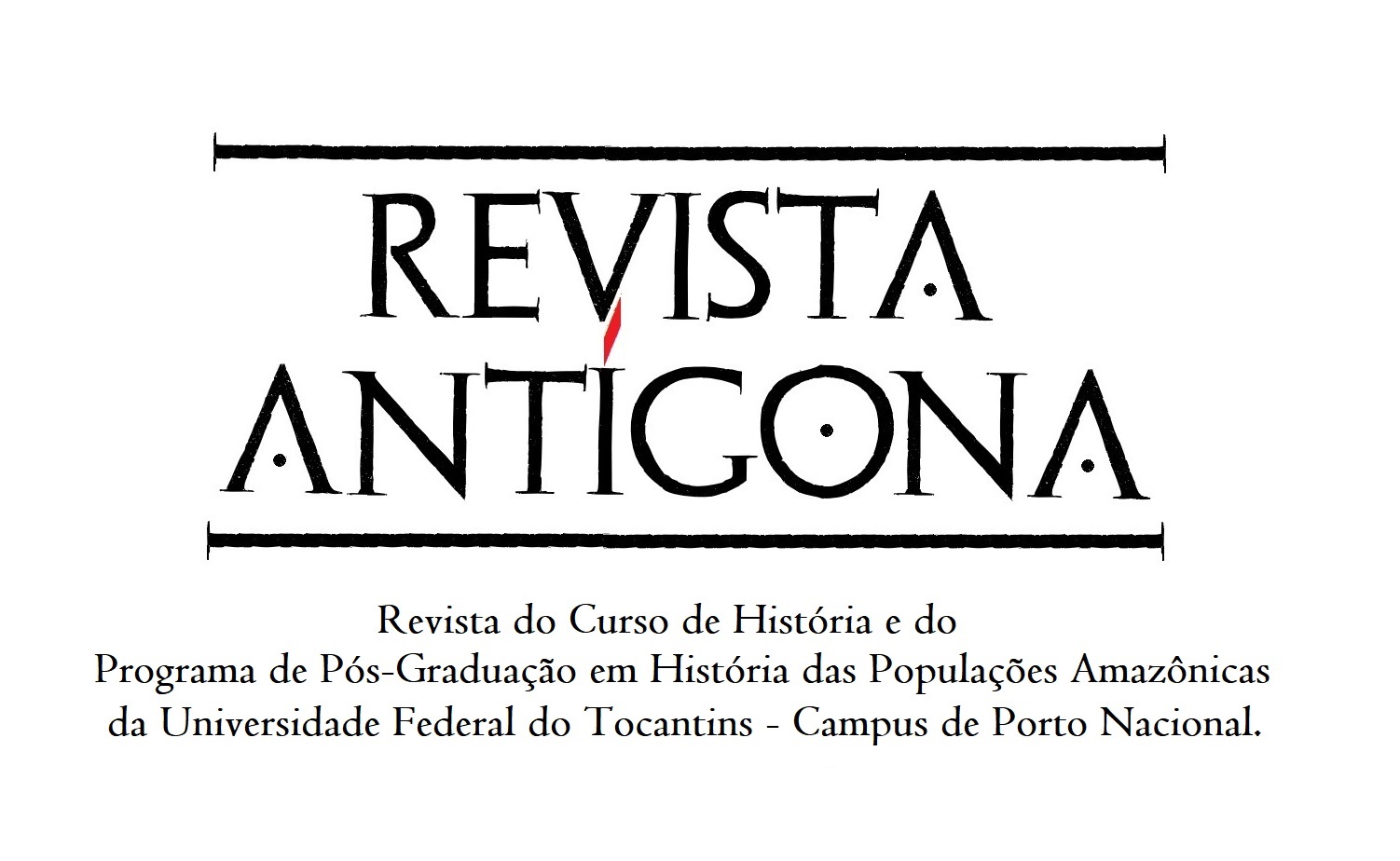THE CONSTRUCTION OF THE KNIGHT OF HOPE
LUIZ CARLOS PRESTES AND THE COMMUNIST APPRENTICESHIP IN LATIN AMERICAN AND SOVIET EXILE THROUGH BIOGRAPHICAL NARRATIVES (1927-1934)
DOI:
https://doi.org/10.20873/uft.2763-9533/2022.1.2Keywords:
Luiz Carlos Prestes; Biographies; Communism.Abstract
The purpose of this article is to analyze how four biographers of Luiz Carlos Prestes – Jorge Amado, Boris Koval, Daniel Aarão Reis Filho and Anita Leocadia Prestes –, problematized the issue of the construction of the Cavaleiro da Esperança (Knight of Hope) within their biographical narratives, from a look at the context that we call Prestes’ communist learning, in exile in Latin America (Bolivia, Argentina and Uruguay), from 1927 to 1931, and in the Soviet Union, from 1931 to 1934. Starting from the idea of the biographer's adherence to communism, we intend to highlight the biographers' approaches on the transition from the idea of tenentista political myth to the communist political myth, linked to the PCB.



